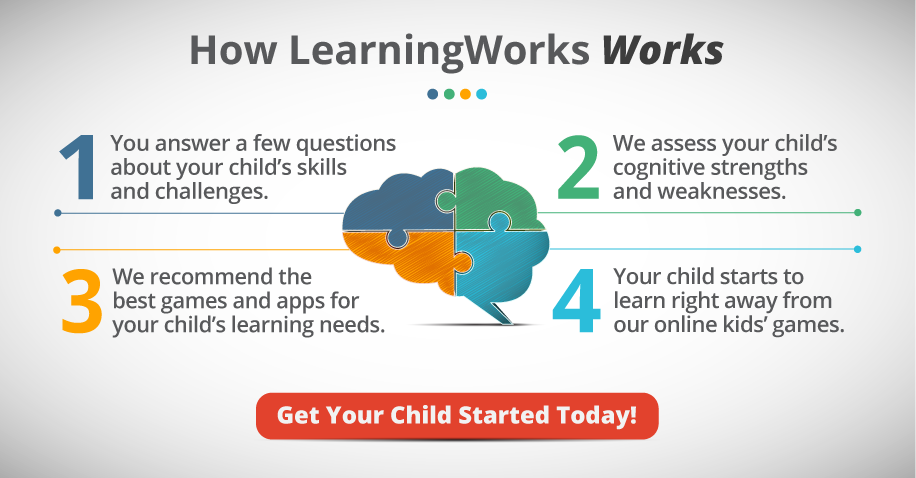The Science of Play
Play = Learning
Children learn from play.
From playing their first game of peek-a-boo with their parents to learning the rules of a simple game like tic-tac-toe, play can have long-lasting, positive effects on the brain.
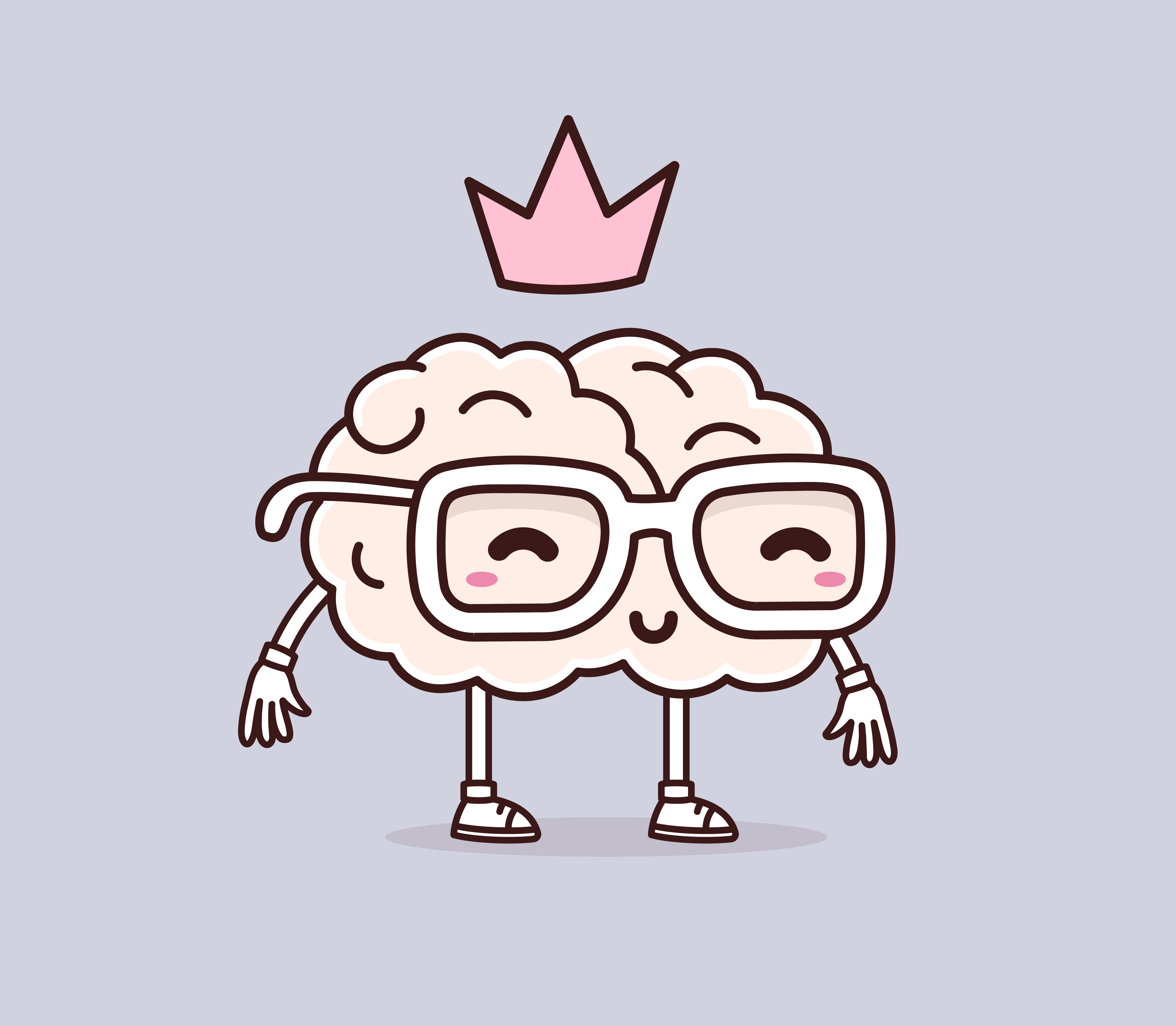
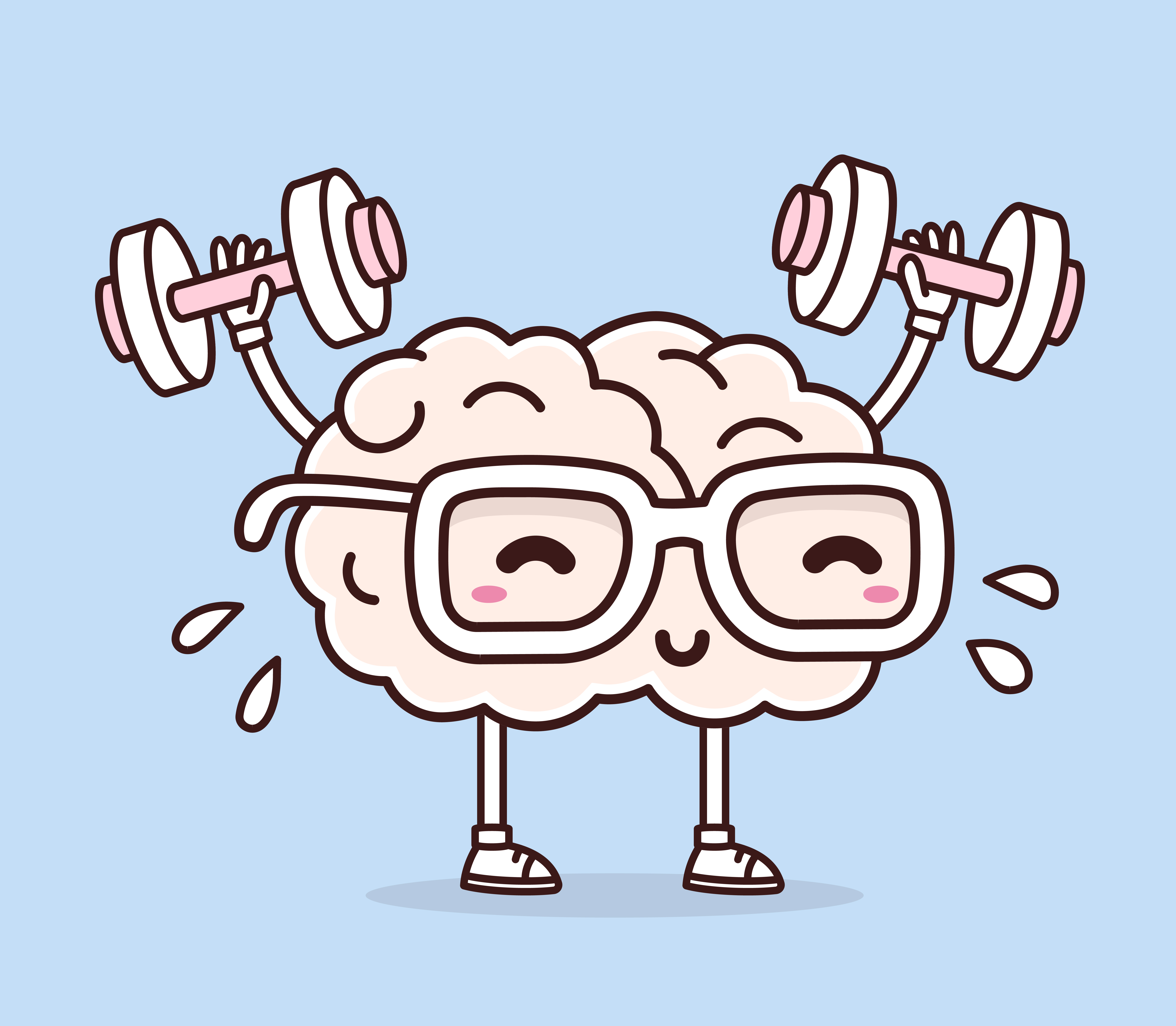
Play is Exercise for the Brain
The latest research shows that play exercise the brain in much the same way that sports exercise the body.
When a child plays soccer for fun, their body still benefits from the physical activity.
Similarly, when a child plays games for fun, their brain still benefits from the cognitive tasks and challenges in the game.
Digital Play
Digital play can have the same positive effects on the brain as any other type of play.
Whether it’s playing with video games, apps, or creative technologies, digital play uses thinking skills in the same ways that traditional play does.
Rather than criticizing digital play, it’s better to help kids use it to develop and grow.
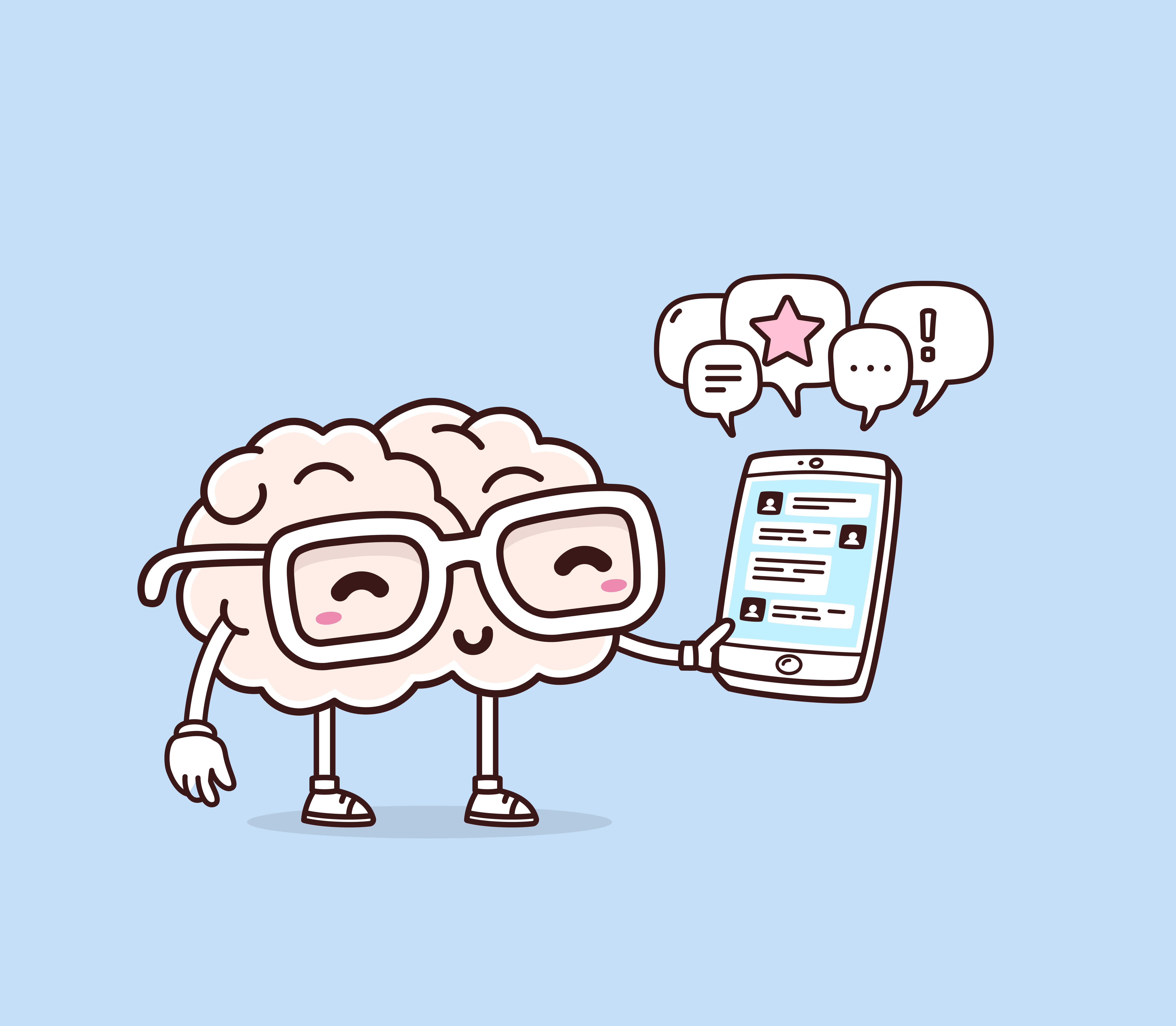
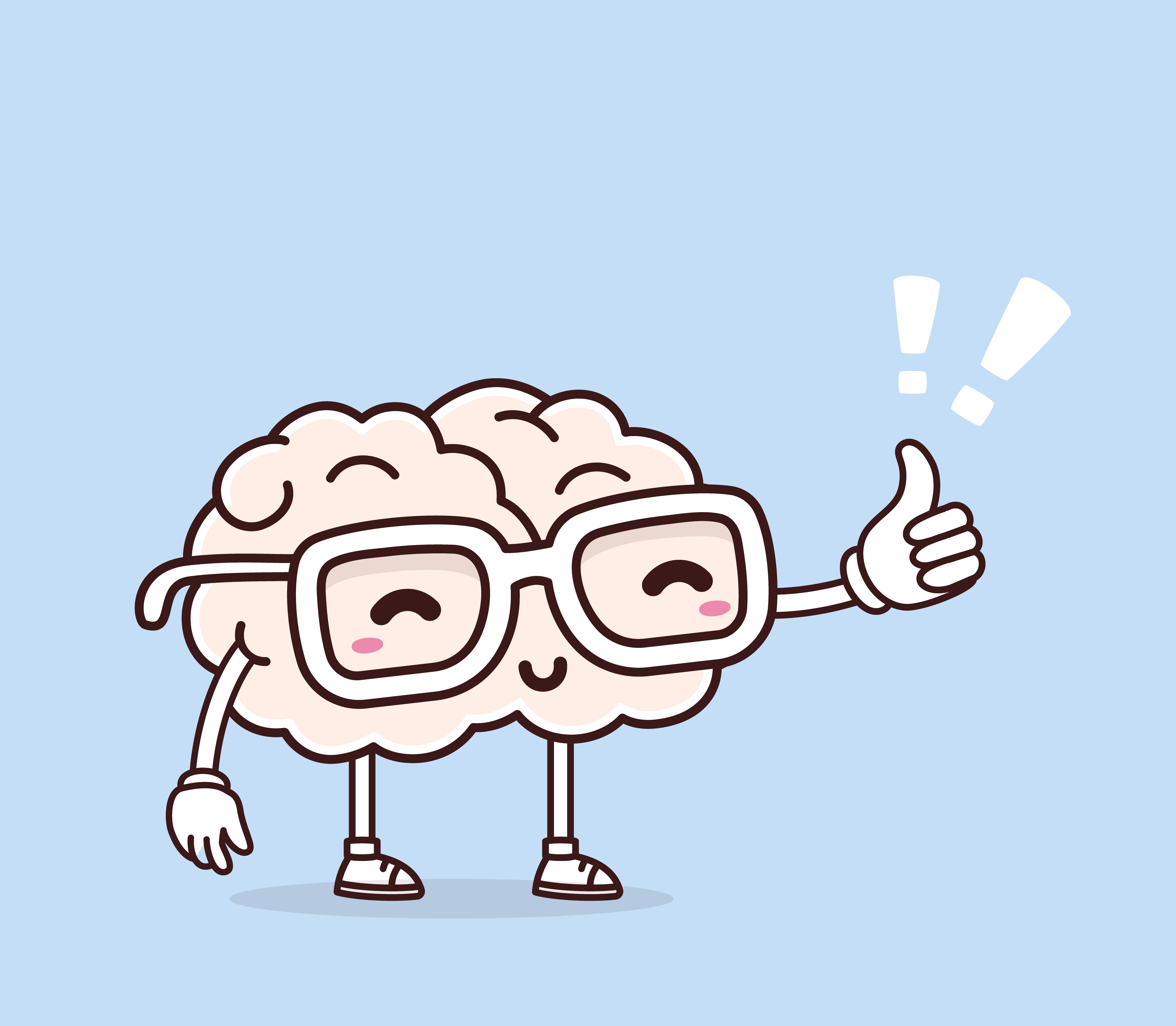
Learning Challenges
Play is especially important for kids with learning challenges.
Digital play in particular can be extremely helpful for kids with ADHD, Autism Spectrum Disorders, Learning Disabilities, and other challenges.
Thinking Skills
The latest research shows that play exercise the brain in much the same way that sports exercise the body.
When a child plays soccer for fun, their body still benefits from the physical activity.
Similarly, when a child plays games for fun, their brain still benefits from the cognitive tasks and challenges in the game.
How We Help
Drawing on original research and decades of experience in education and psychology, the LWK team has created an online platform for informing and instructing parents on how to enrich and enhance their kids’ digital play time. Our expansive collection of Apps+ technology guides, video game PlayBooks and unique parenting recommendations provide even the most digitally inexperienced moms and dads with the expertise and know-how to:
- Identify which Thinking Skills their children need help with.
- Choose the best games and technologies for their children.
- Set a balanced Play Diet.
- Connect their children’s screen time to real-world situations and opportunities for learning.
- Create quality family time by playing together and reflecting on their experiences.

